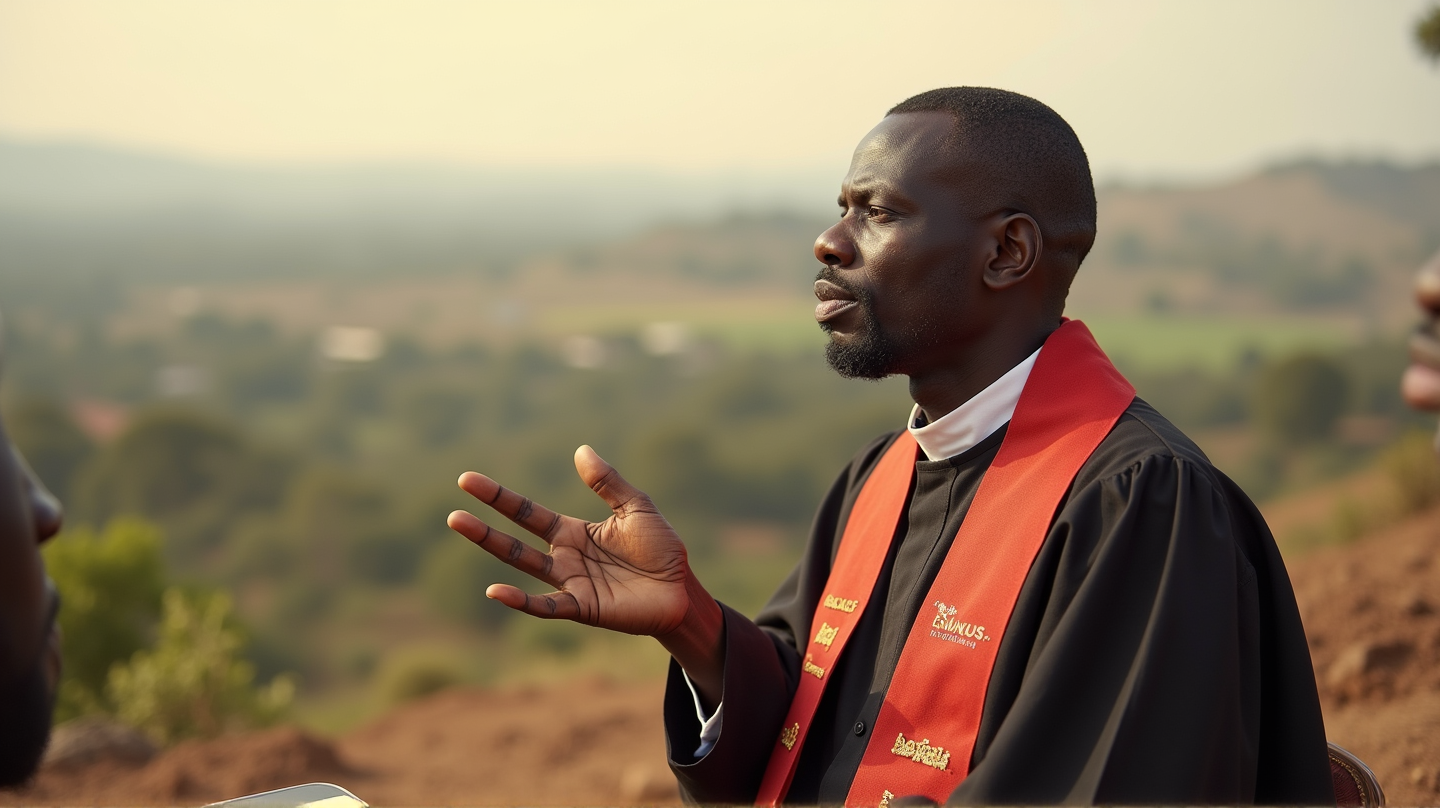The Role of Clergy in Politics: A Delicate Balance
Navigating the tightrope: Balancing moral guidance and political involvement by Zambia's clergy in the shifting political landscape.

The interplay between religion and politics has always been a sensitive subject, particularly when it comes to the involvement of clergy in political matters. In Zambia, this topic is once again at the forefront of discussion. As stated in Zambia: News Diggers!, Charles Milupi, the UPND Alliance Chairperson, has expressed the need for clergy to exercise caution when engaging in political discourse.
Moral Guidance and Political Dynamics
The clergy’s role in providing moral guidance to society is undisputed. However, as Zambia approaches its 2026 elections, Milupi’s comments highlight an ever-pressing concern: the potential consequences of clergy being overly involved in political affairs. The delicate balance between offering moral guidance and political engagement is critically observed by various stakeholders, including the Bishops Council of Zambia (BCZ).
The Comments that Sparked Debate
Previously, BCZ questioned the UPND’s ability to fulfill its promises, suggesting that their success in by-elections is not indicative of overall electoral success. Milupi’s response underscores the sentiment that religious institutions should refrain from political endorsements or criticisms that could sway electoral outcomes.
A Complex Relationship
The connection between faith and politics in Zambia is complex. Religious leaders are often regarded with high esteem, and their opinions can wield significant influence. This reality presents a unique challenge in ensuring that such impact does not compromise political neutrality or the democratic process.
Navigating the Political Landscape
Milupi’s remarks serve as a reminder of the nuanced role that religious institutions play in political systems. The clergy must navigate a fine line between aiding public discussion and maintaining non-partisanship. This balance is crucial for preserving the integrity and credibility of both religious bodies and governmental structures in Zambia.
A Call for Introspection
As elections approach, it is imperative for religious leaders to engage in introspective evaluation of their role in politics. Maintaining an ethical compass while participating in public discourse supports a healthy democratic environment where moral accountability does not overshadow political autonomy.
In conclusion, Zambia’s clergy has the potential to contribute positively to the country’s political landscape. However, their involvement calls for wisdom and prudence to ensure they are bastions of morality without becoming entangled in partisan politics.





